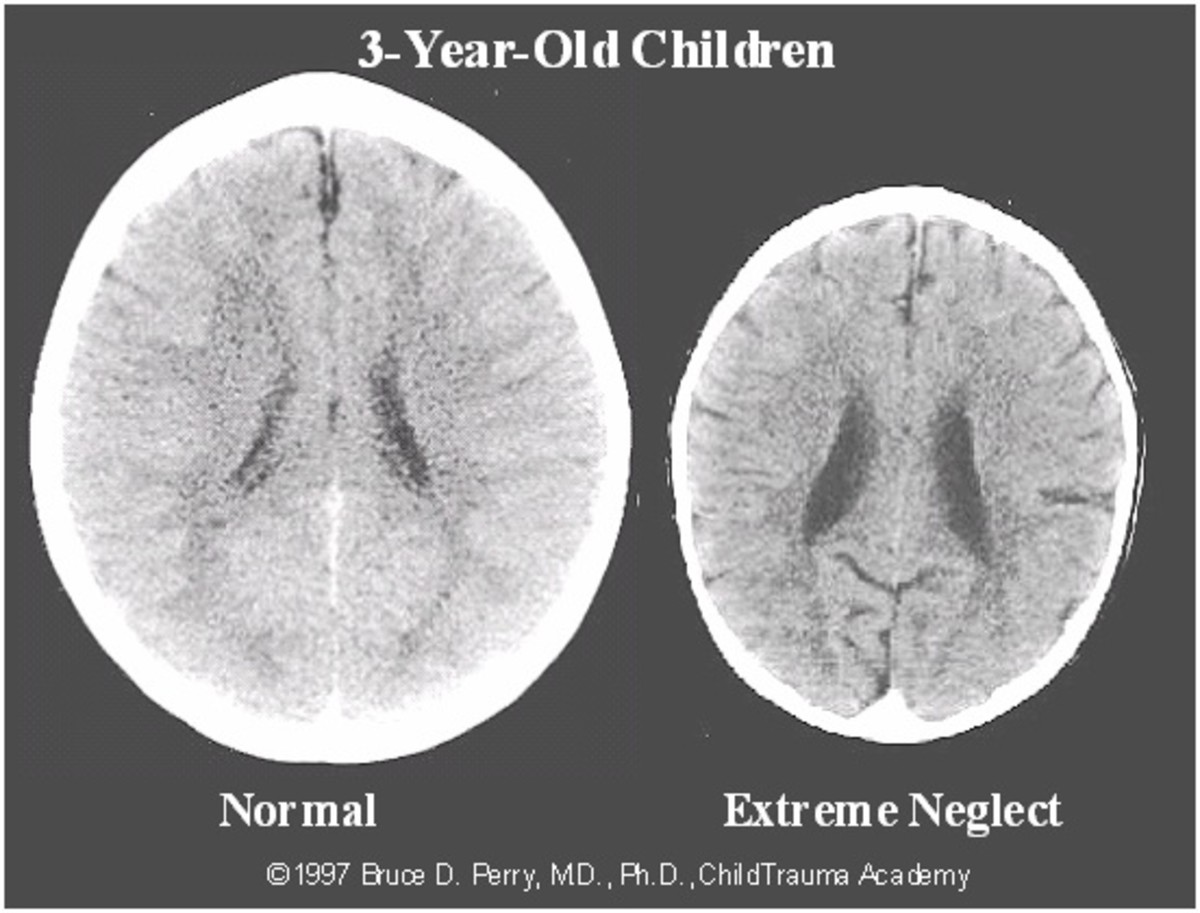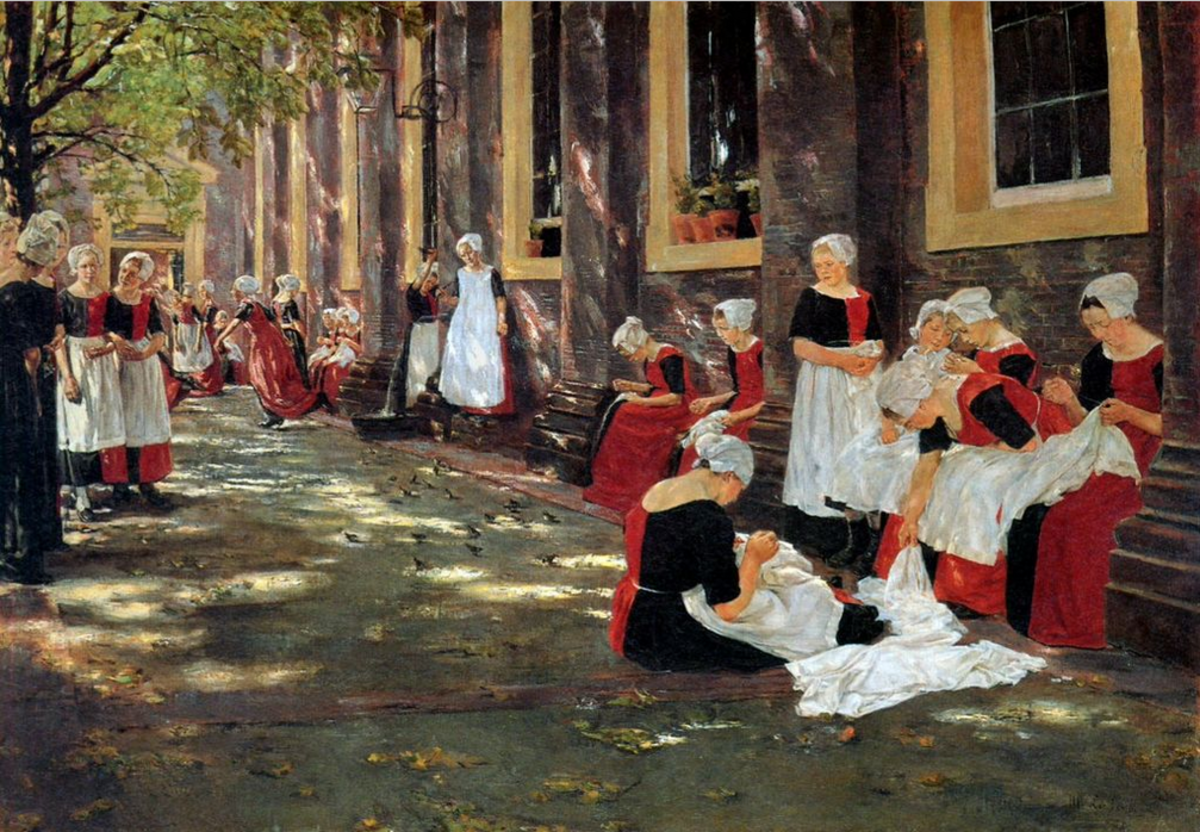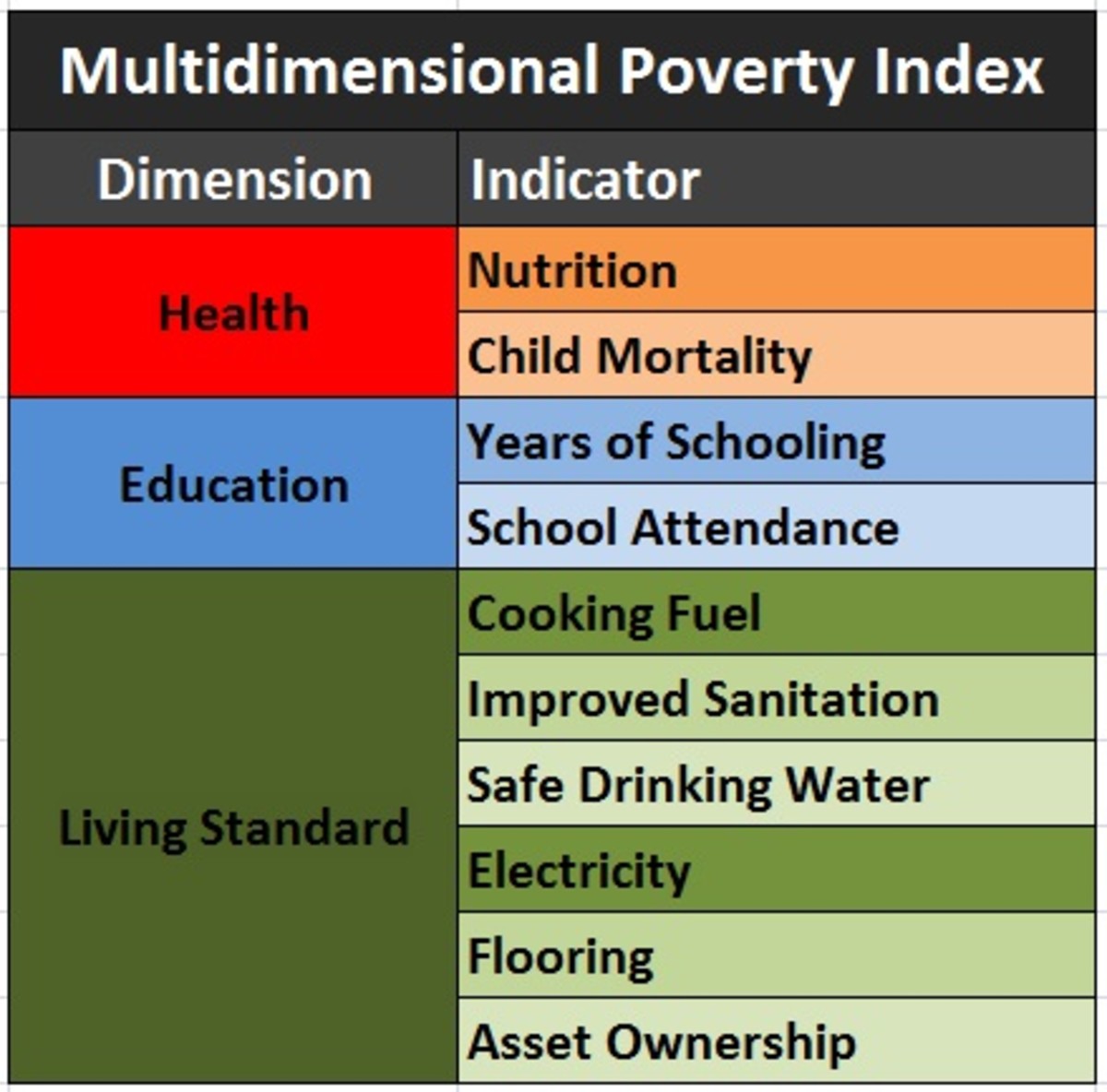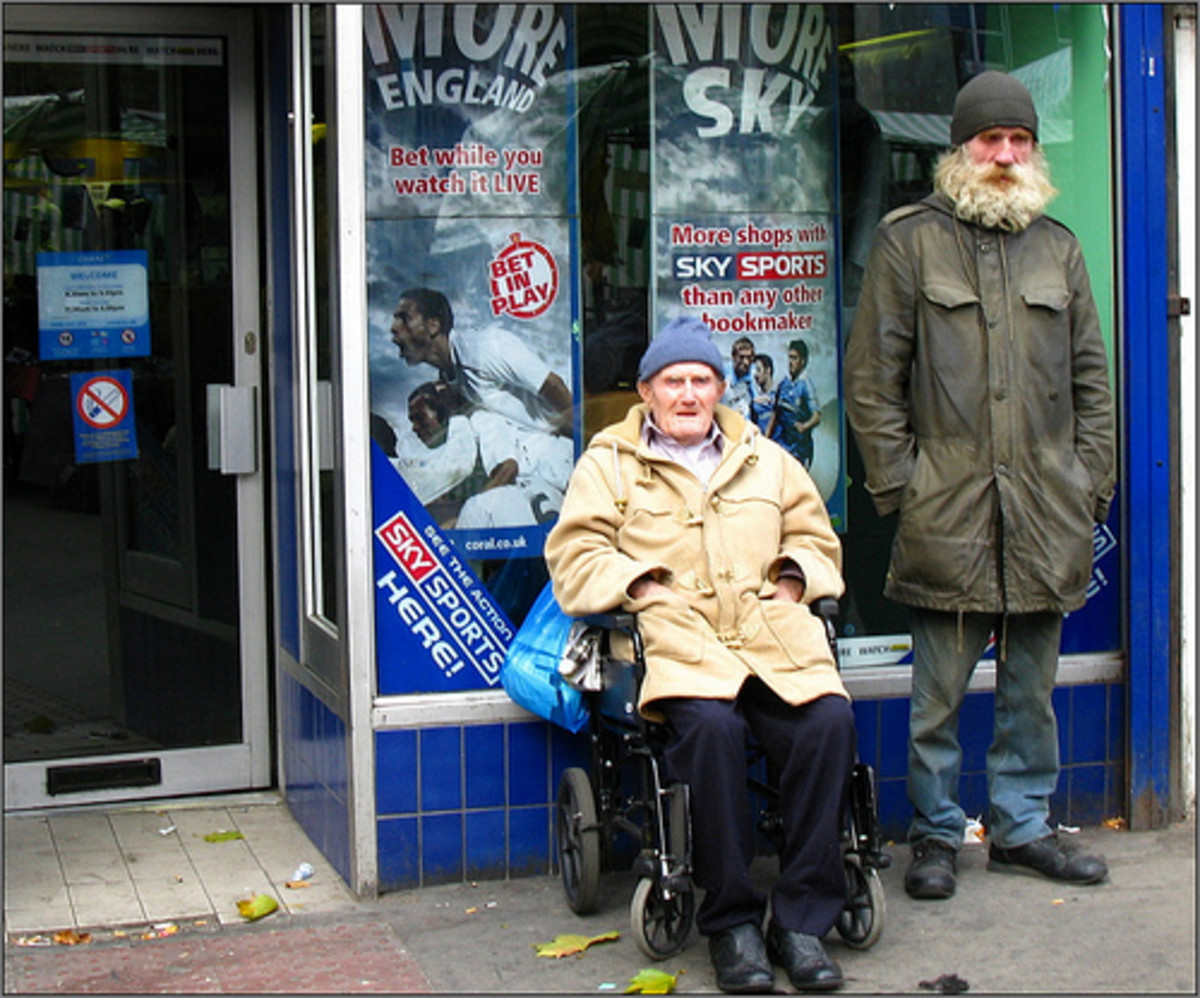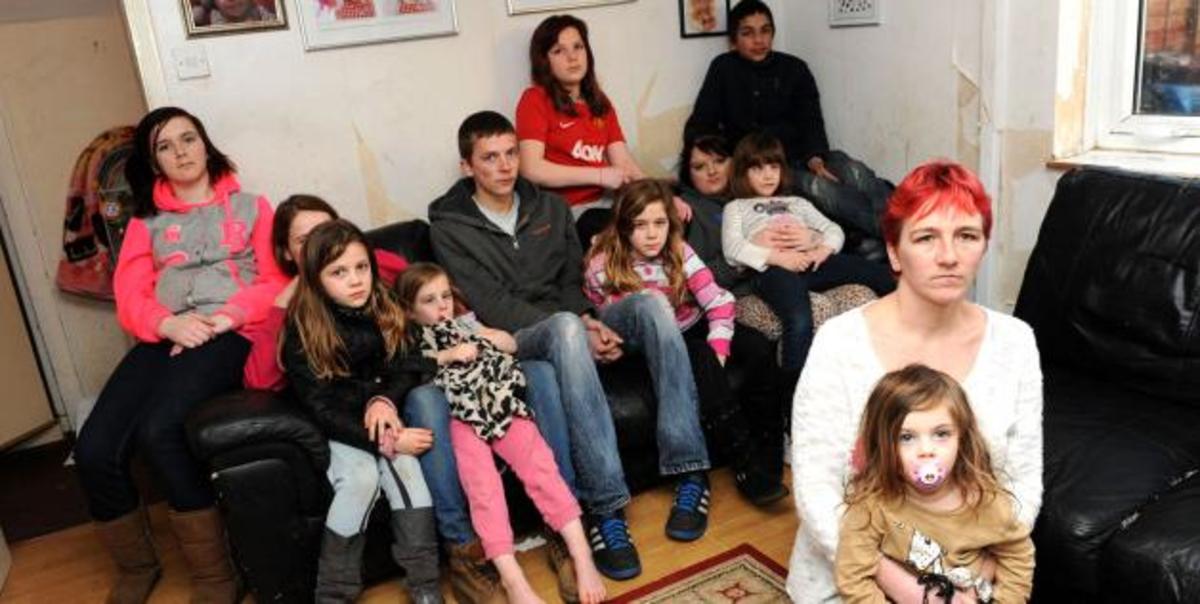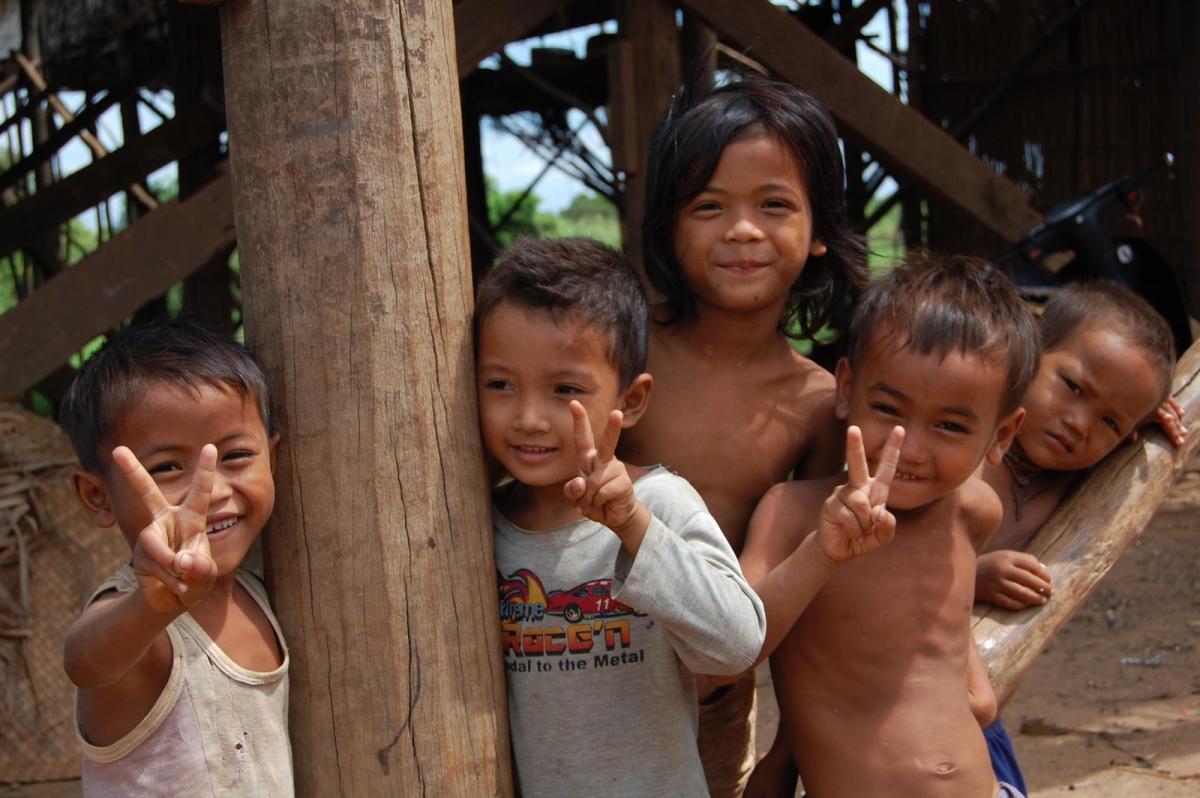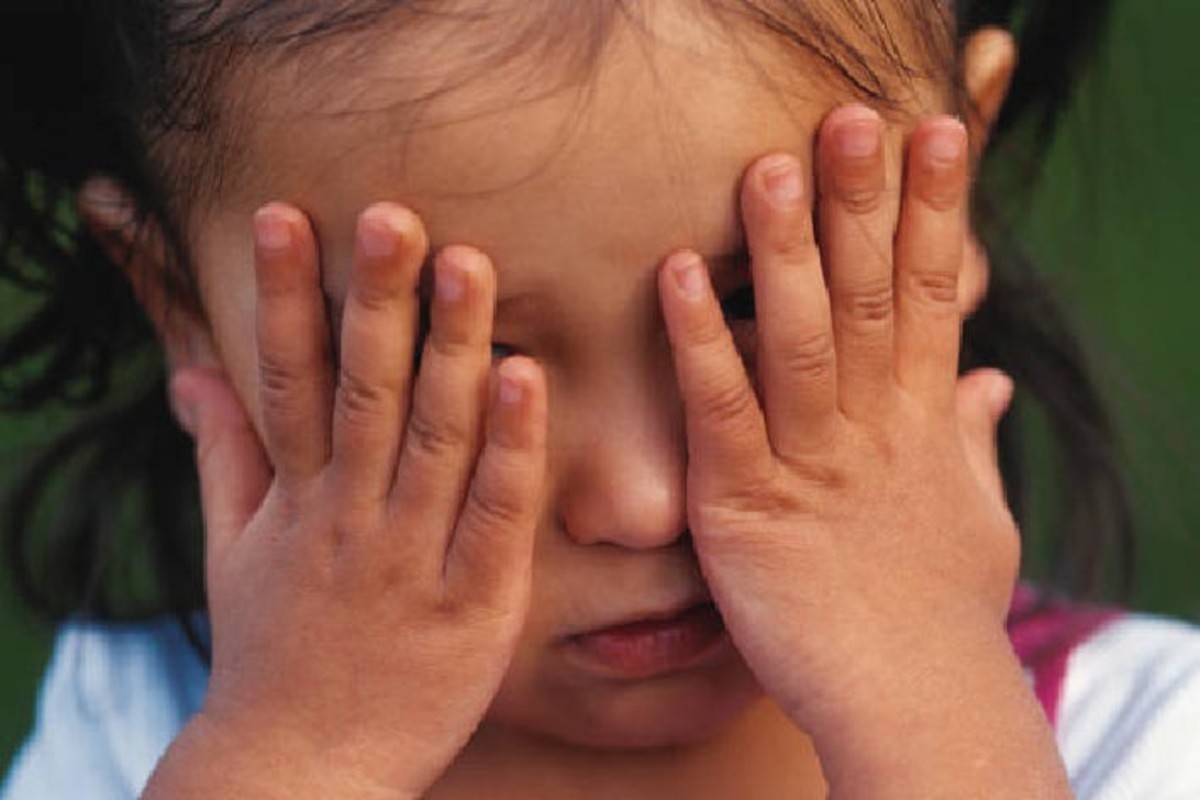But What About Orphanages?
Around the world, an estimated 8 million children are being raised, away from the care and affection of their families, in institutions that, if they are up to standard and successfully provide their charges with the food, shelter, clothing, and other basic services, simply fail to meet their developmental and emotional needs.
It could be disease, armed conflict, natural disasters, forced displacement, or— shocking in its frequency— extreme poverty that landed them there, but considering that nearly 80% of institutionalized children have one or both parents— in addition to other relatives— living (Why we need to end the era of orphanages), it is rarely the abrupt loss of their families that is responsible for their placement in one of the many deceptively named ‘orphanages’ that are yet on the rise in countries sagging under the weight of economic deficiency.
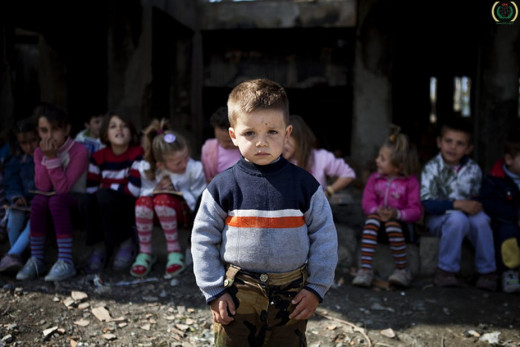
The term ‘orphan’ is often employed liberally to describe children housed in institutions otherwise known ‘shelters’, ‘safe houses’, ‘children’s homes’, ‘children’s villages’, and even ‘boarding schools’, but if UNICEF defines an ‘orphan’ as “someone under the age of 18 who has lost one or both parents to death of any cause” (Tillou), then why are millions of other children being classified under this umbrella term that makes it seem as though their livelihood depended upon their being transferred to large residences that offer no stability in terms of care whatsoever?
The answer may be as simple as that this is an easy solution to a complex problem— and though this may well be the case when efforts to build these institutions up have spanned several years, research shows that the widespread institutionalization of children in developing countries— this system of care having been made obsolete in the United States, Canada, the United Kingdom, and other member-states of the European Union throughout the latter half of the 20th century— is neither inexpensive nor beneficial when compared to other forms of alternative care.
A paper delving into the social and emotional costs of institutionalization, in addition to the common catalysts of and potential solutions for this practice, acknowledged that the initial transition from institutional to family-based care could appear to be more expensive due to the need to maintain institutions while giving more children the opportunity to enter family-based care— whether in the form of reunification with their biological families, foster care, adoption or some other suitable alternative— but it emphasized that, in the long term, money put towards family-based care has been proved to benefit a much greater number of children than the more convenient option.
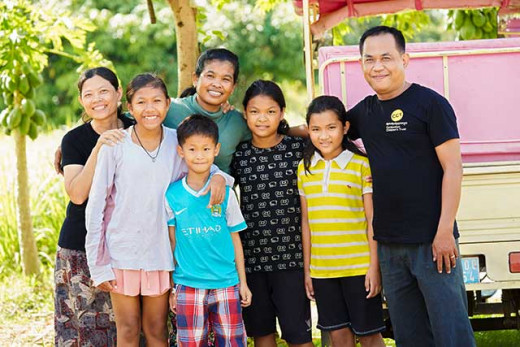
The same paper pointed to poverty as a catalyst of institutionalization of children in vulnerable situations, and offered a study encompassing case studies from Sri Lanka, Bulgaria and Moldova that concluded “that poverty is a major underlying cause of children being received into institutional care and that such reception into care is a costly, inappropriate and often harmful response to adverse economic circumstances.” (Williamson; Greenberg)
The demonization of residential care is by no means the answer.
Situations may arise where children are unable to be reunited with their families due to the latter’s incapacity (whether as a result of the parents’ death and absence of a relative willing to take their place or abusive circumstances, among others) to care for them. Alternately, there are adolescents that are themselves unwilling to go back to their families, and youth that are in need of professional medical attention around the clock— and for these institutionalization may pose a temporary solution, which is probably why residential care has not been abolished in its entirety in the United States, where foster homes housing many children exist.
Still, an emphasis should be taken care to be made on residential care as a temporary amendment.
Want to know more?
John Williamson and Aaron Greenberg's paper for the Better Care Network, "Families, Not Orphanages", compiles data, studies, and examples from a number of reliable sources— reinforcing orphanages' inherent inability to meet children's needs in full.
In the end, if children are to be kept from inappropriate (emotional and physical) health conditions and higher susceptibility to the “mental illnesses, attachment disorders, growth and speech delays, and….struggle with an inability to reintegrate back into society later in life, and form healthy relationships as adults” (Why we need to end the era of orphanages) that results from institutionalization, and future generations rescued from the poor parenting that is also a ramification of a faulty system, then the rule of families, and not orphanages, should stand— in the face of poverty, and any challenge faced by vulnerable nations across the world.
Addressing the same issue of a government’s, community’s, or often society’s referral to family-based care when faced with economic hardship, humanitarian and founder of the Cambodian Children’s Trust Australian Tara Winkler said that “family-based care is always better.”
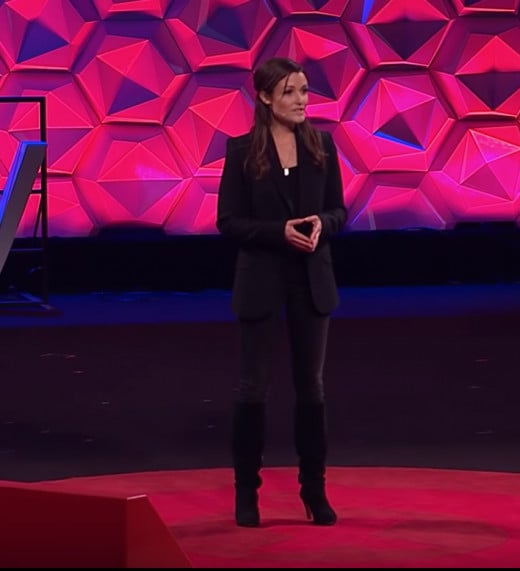
She herself had seen first-hand the wonders family-based care could do in a child’s life, presenting as an example one of the girls she had rescued from the corrupt and abusive orphanage she had been confined to; who, upon being reunited with her family and receiving, at long last, the love and affection of her mother she so desperately craved, went on to complete a nursing degree at a local university.
Tawn, as she is called, lives with a mother that has received the necessary support to enter into a stable job, and two siblings that are now attending high school under the care of their loving mother. In her family, the cycle of poverty has been broken.
Stories like Tawn’s, before she was taken away from the orphanage that had not only deprived her of her mother’s love but also gravely malnourished and neglected her are, unfortunately, all too common in countries that have not yet managed to disentangle themselves from the appealing ‘orphanage’ model, and orphanage tourism (voluntourism) and well-meaning donations and volunteers, Tara said, are only feeding into the problem. “It’s really no coincidence that these institutions are largely set up in areas where tourists can most easily be lured in, to visit and volunteer in exchange for donations.”
In Nepal alone, of the 600 residential institutions, over 90% are found in tourist hotspots, and as more support floods in, more and more children are removed from their families to ‘receive proper care’ in shelters that are really just accommodating the laws of supply and demand with little to no regard to the children themselves.
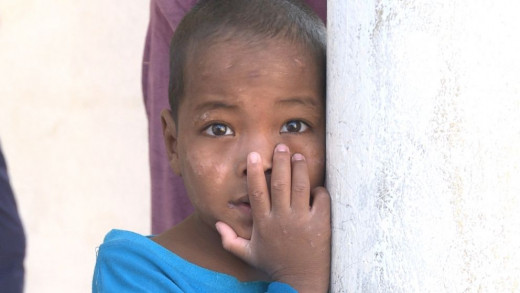
References
-
Williamson, J., & Greenberg, A. (n.d.). Better Care Network. Retrieved March 10, 2020, from https://www.thinkchildsafe.org/thinkbeforevisiting/resources/Families_Not_Orphanages_J_Williamson.pdf
-
Wikipedia. (2020, March 9). Wikipedia. In Wikipedia. Retrieved from https://en.wikipedia.org/wiki/Orphanage
-
Tillou, R. (2019, November 7). Are There Orphanages In The United States? Adoption.com. Retrieved from https://adoption.com/are-there-orphanages-in-the-united-states
-
Why we need to end the era of orphanages | Tara Winkler. (2017). Retrieved from https://www.youtube.com/watch?v=nz0cAjXVepg

